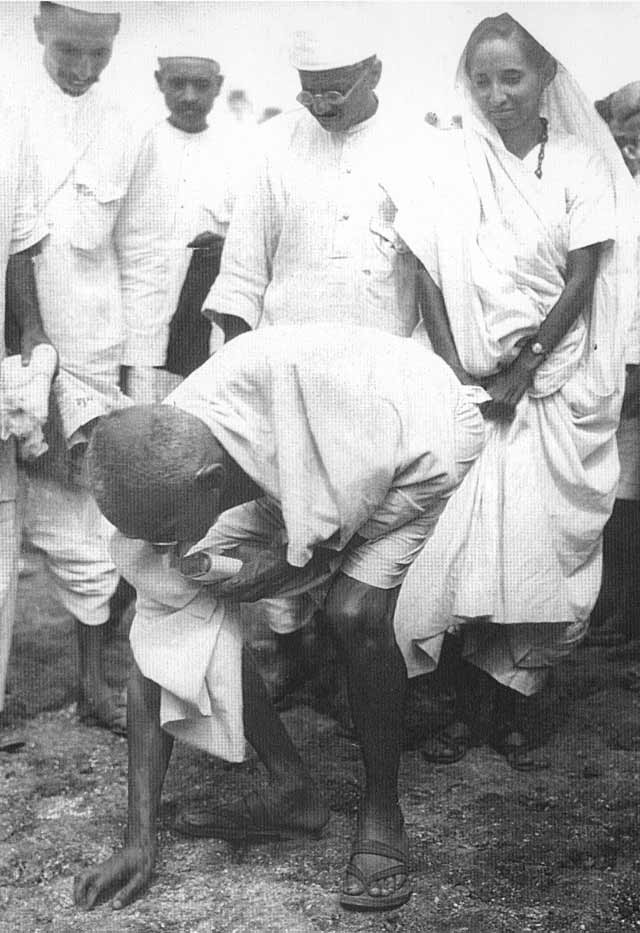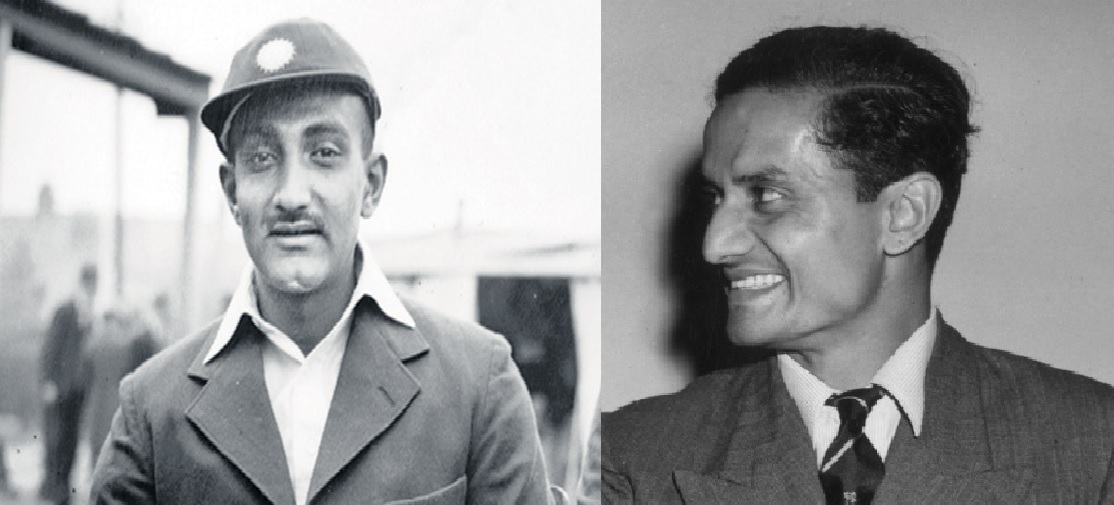Scrolling through the back pages
Looking for old words for the (re)new
Written I thought they were in past
When I wasn’t in need of them
Words gone missing, remaining truth
A human, mortal that I am
Even the great Achilles had heels
Look me through the prism of heart
Who would ever be blameless
When it was Plato, defended slavery
A human, mortal that I am
Born to fall and get up
In the spirit of human
The sins of times variable
Judge me for the me in me
Not the one you do see
Awaiting the rising of rainbow
Until it was per the ‘dreamers’
Till we decry sinner with the sin
Judge me for the me in me

